Act 1
The story begins at the Gare de l'Ouest, where the employees list the provenance of trains arriving from different places in France ("Nous sommes employés de la ligne de l'Ouest"). Two Parisian dandies, Bobinet and Gardefeu are waiting for the train from Rambouillet, but avoid each other while they walk around. They have fallen out over the demi-mondaine Métella. She arrives with a third man and pretends not to recognize the two previous lovers. Her rejection reunites the two friends and they vow to seek a better class of mistress ("Elles sont tristes, les marquises"). While wondering how he will achieve this Gardefeu sees his former servant Joseph, now a tourist guide. Joseph reveals that he is to meet a Swedish baron and his wife who he is to show around Paris but for a sum agrees to let Gardefeu take his place. While he goes to look for the baron, Gardefeu wonders what will happen with the baroness ("Ce que c'est pourtant que la vie !") The Baron and Baroness Gondremarck enter he promises to show them everything they want to see in the French capital ("Jamais, foi de cicérone"). The station fills with more passengers arriving for a good time in Paris, including a Brazilian returning after having spent his fortune once before in the city ("Je suis Brésilien, j'ai de l'or").
Act 2
At Gardefeu's home, his glove-maker Gabrielle and his boot-maker Frick await the master's return ("Entrez ! entrez, jeune fille à l'œil bleu !"). Gardefeu continues his pretence with the Swedes, explaining that they are in an annexe to the hotel, hoping to get the baron out of the way so that he can pay attention to the baroness; the baron already has his plans based on a letter from a friend ("Dans cette ville toute pleine"). The baron then asks to take the table d'hôte. The problem of missing hotel guests is solved by getting Gabrielle and Frick and their friends to impersonate other hotel guests. Bobinet calls by and offers to stage a party for the Swedes at his absent aunt's mansion the following night, with the baron invited. The baroness finds remnants of Gardefeu's affair with Métella in her room. Métella herself now arrives hoping for a reconciliation with Gardefeu ("Vous souvient-il, ma belle") and ends with offering to entertain the baron in a few days. The guests arrive for the table d'hôte; Frick as a major ("Pour découper adroitement") and Gabrielle as a war widow ("Je suis veuve d'un colonel") and with a tyrolienne everyone retires to supper ("On est v'nu m'inviter").
Act 3
At a party the next evening hosted by Bobinet his servants dress up as the crowd of aristocrats ("Donc, je puis me fier à vous !"). Baron Gondremarck arrives and is taken by Pauline 'Madame l'amirale' (in fact a chambermaid). Gabrielle arrives ("On va courir, on va sortir") and Bobinet as a Swiss admiral ("Votre habit a craqué dans le dos !").
Bobinet rises to greet the crowd with a drinking song ("En endossant mon uniforme") and the champagne flows ("Soupons, soupons, c'est le moment"), the baron and everyone else gets drunk.
Act 4
The Brazilian millionaire is offering a masquerade ball at the Café Anglais. The head waiter tells his staff to be discreet during about the guests ("Avant toute chose, il faut être... Fermez les yeux"). The baron arrives for his assignation with Métella, while growing increasingly suspicious of the goings-on. Métella tells the baron to be patient ("C'est ici l'endroit redouté des mères") but she will not be his entertainment: she is in love with someone else but has brought a friend for him. The baron is furious when he discovers that her lover is Gardefeu. The Brazilian arrives, then Bobinet and Gardefeu. After showing Métella the letter ("Vous souvient-il, ma belle") she and Gardefeu are reconciled, and the baron's fury only stops when baroness intervenes. All toast Paris ("Par nos chansons et par nos cris, célébrons Paris.").


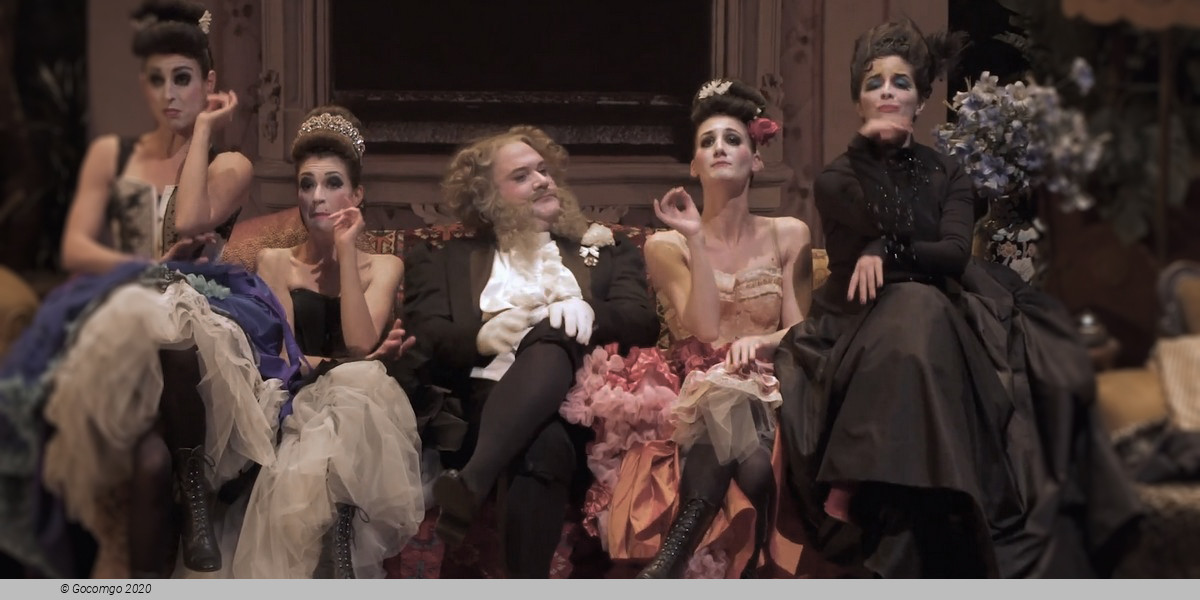
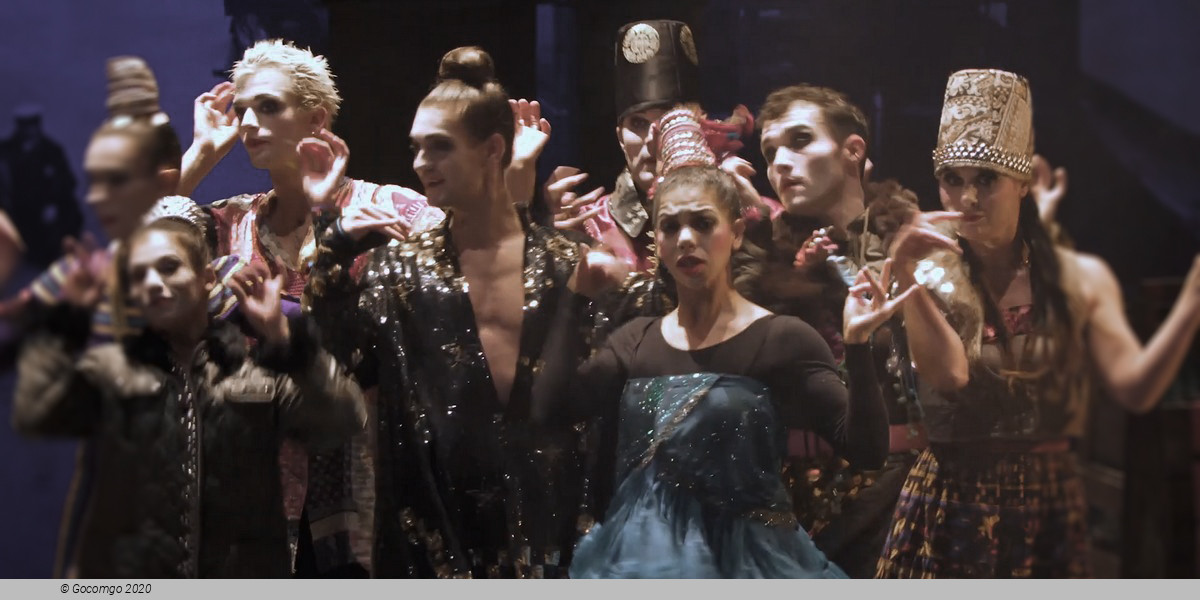
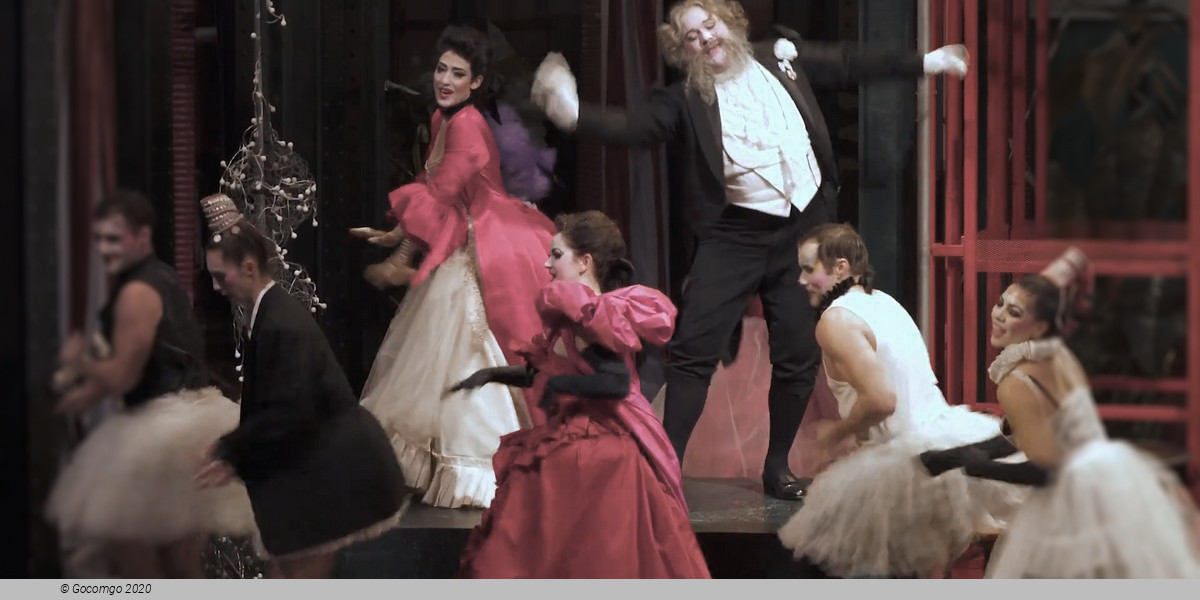
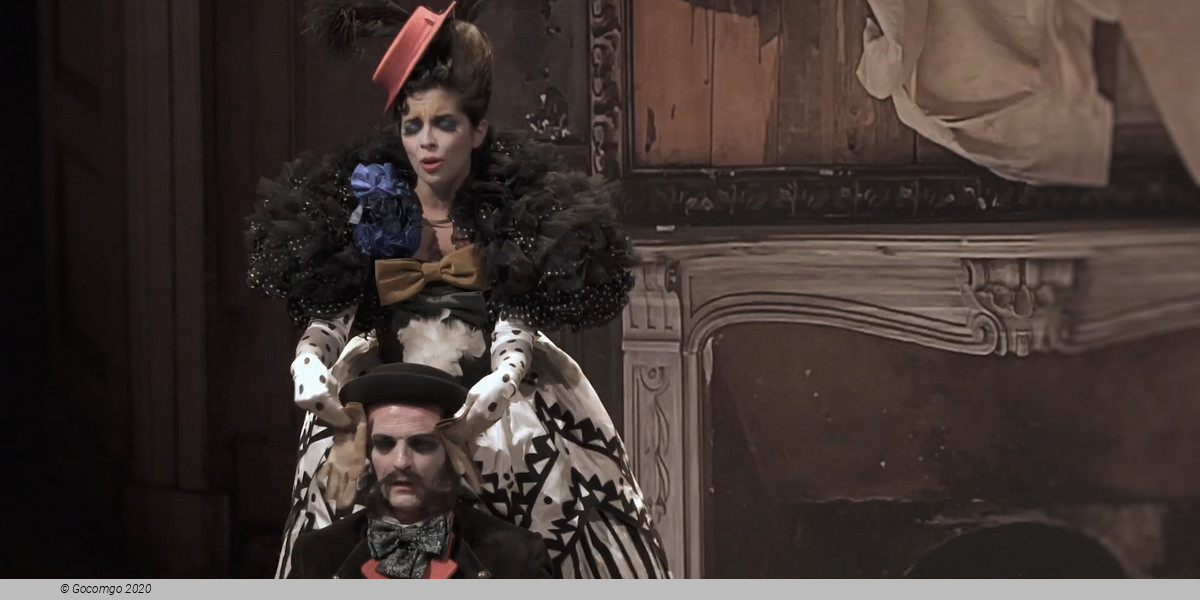
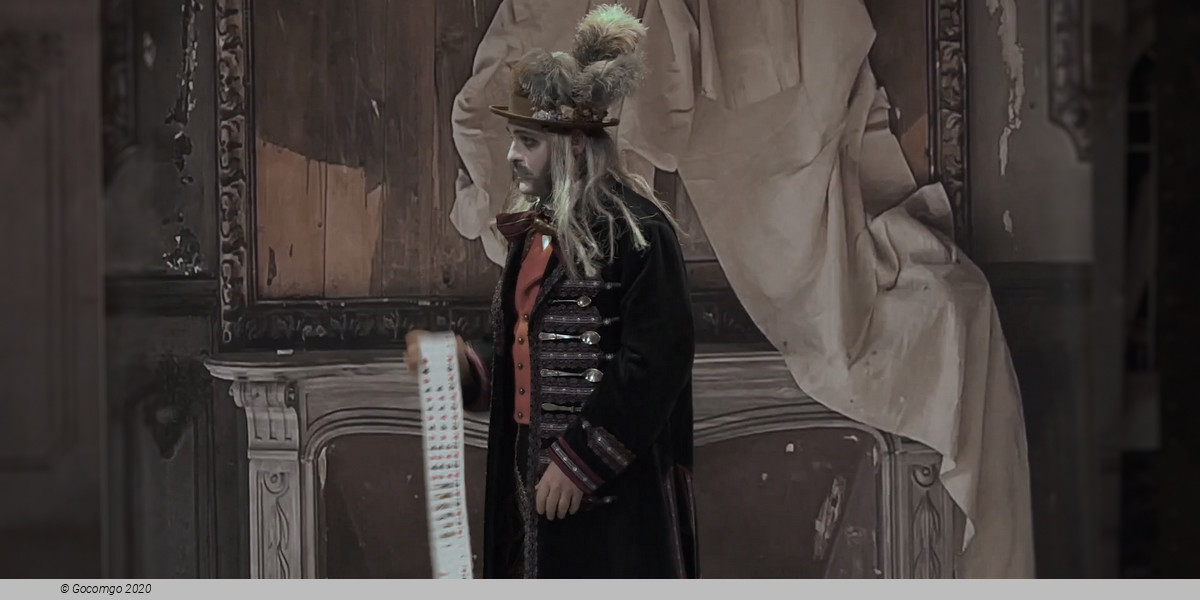
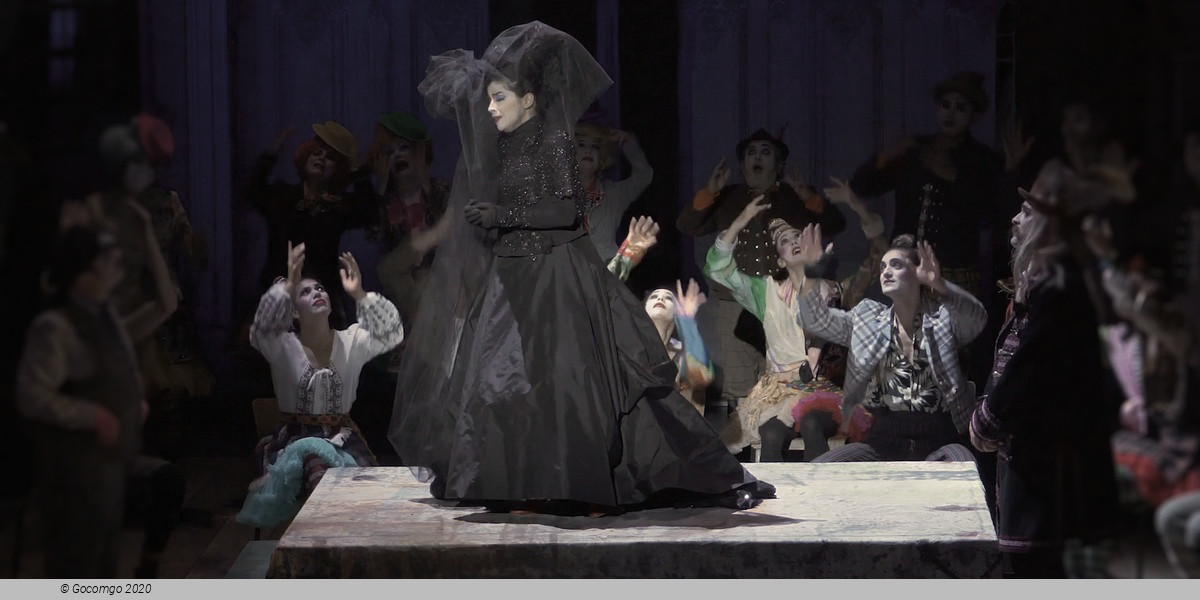
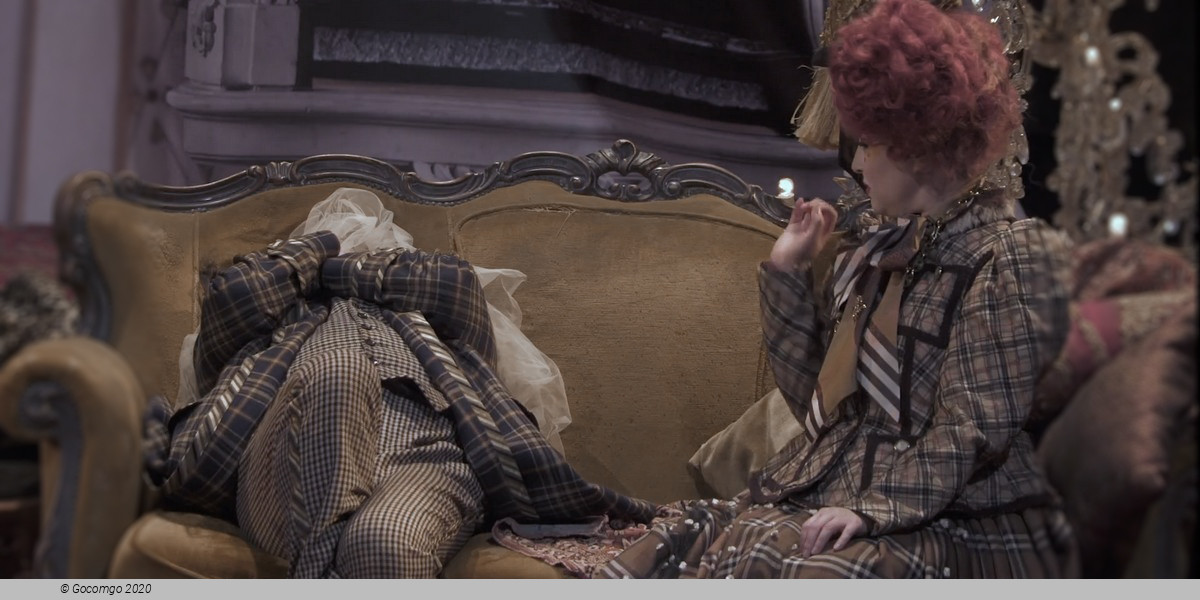
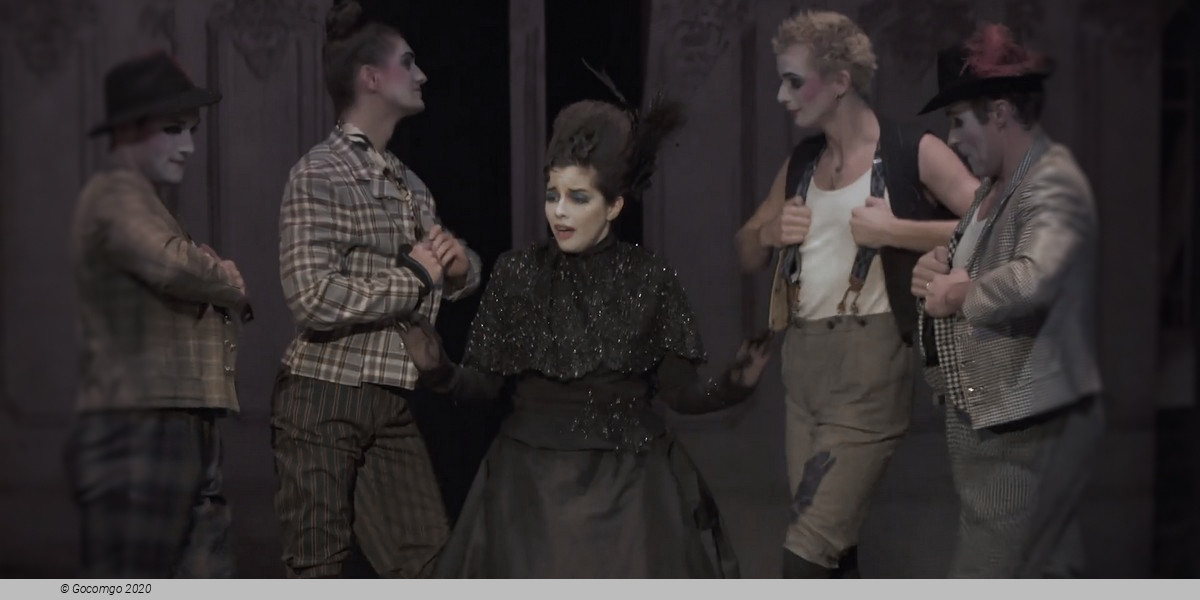
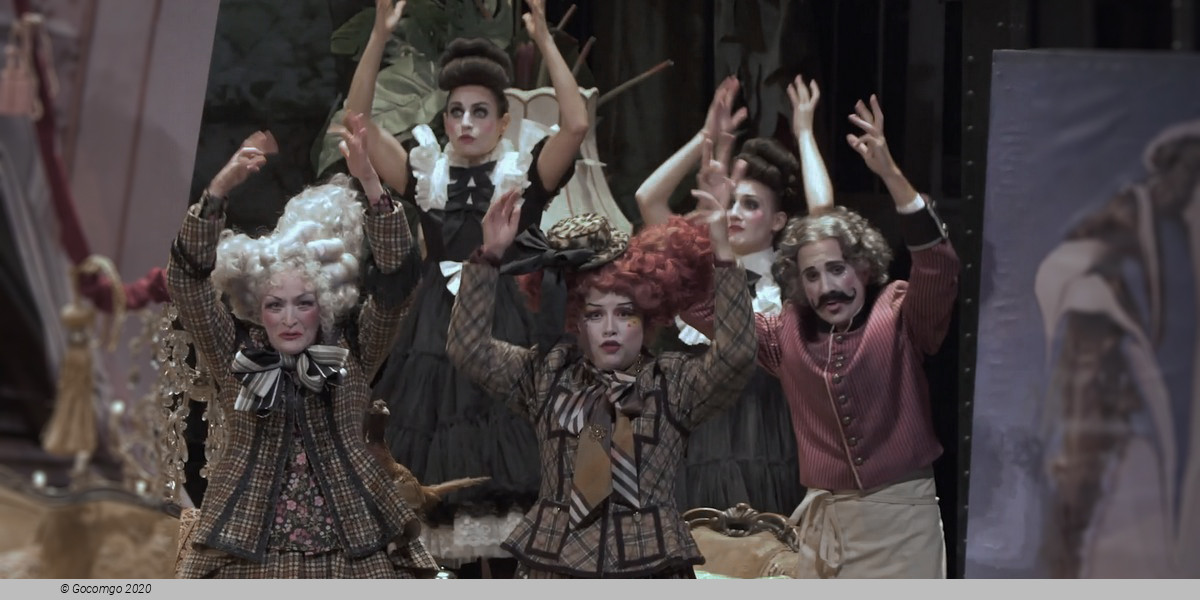
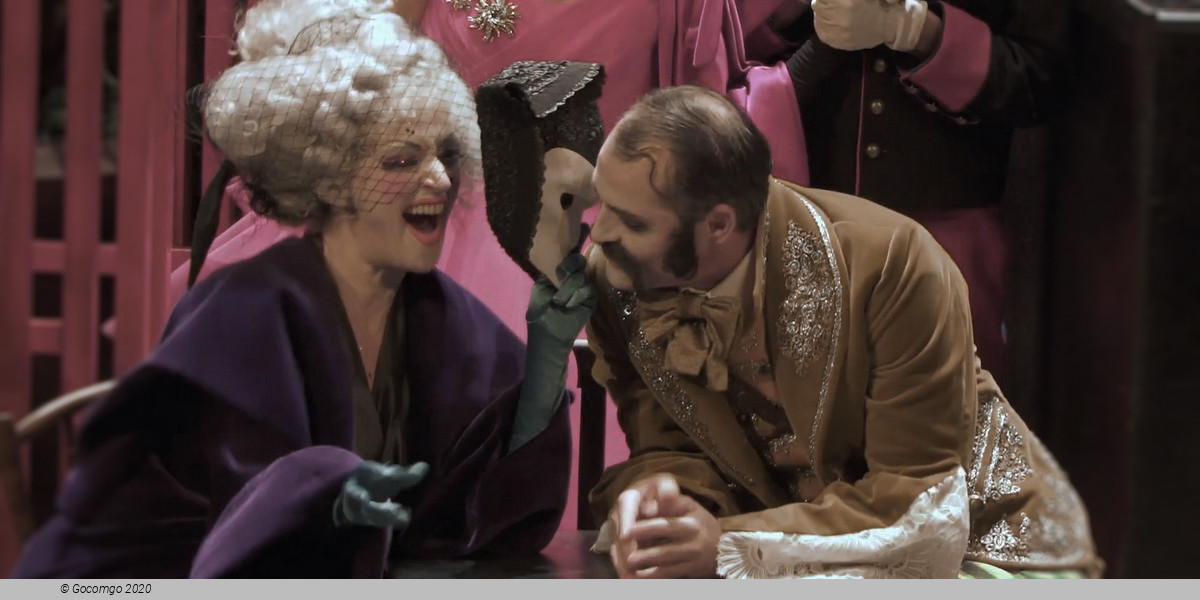
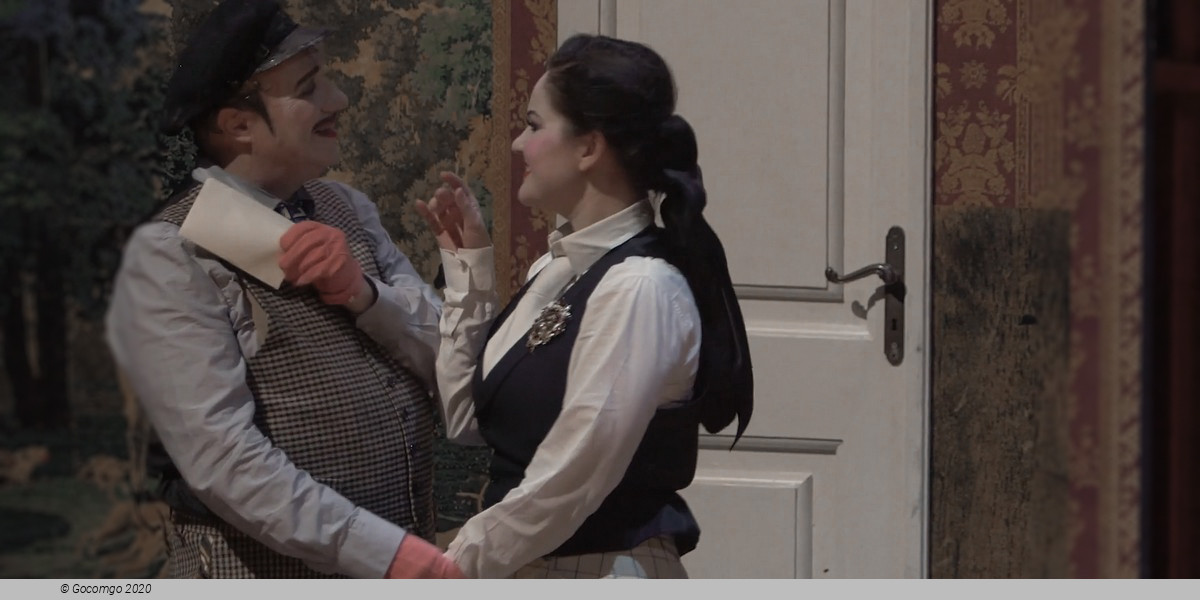
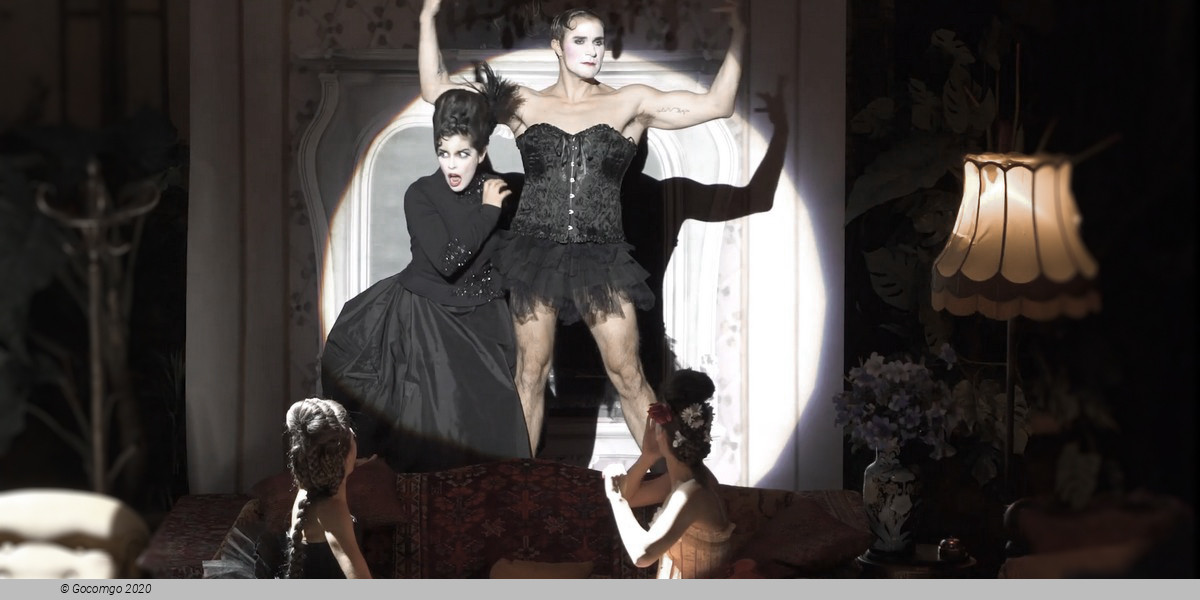
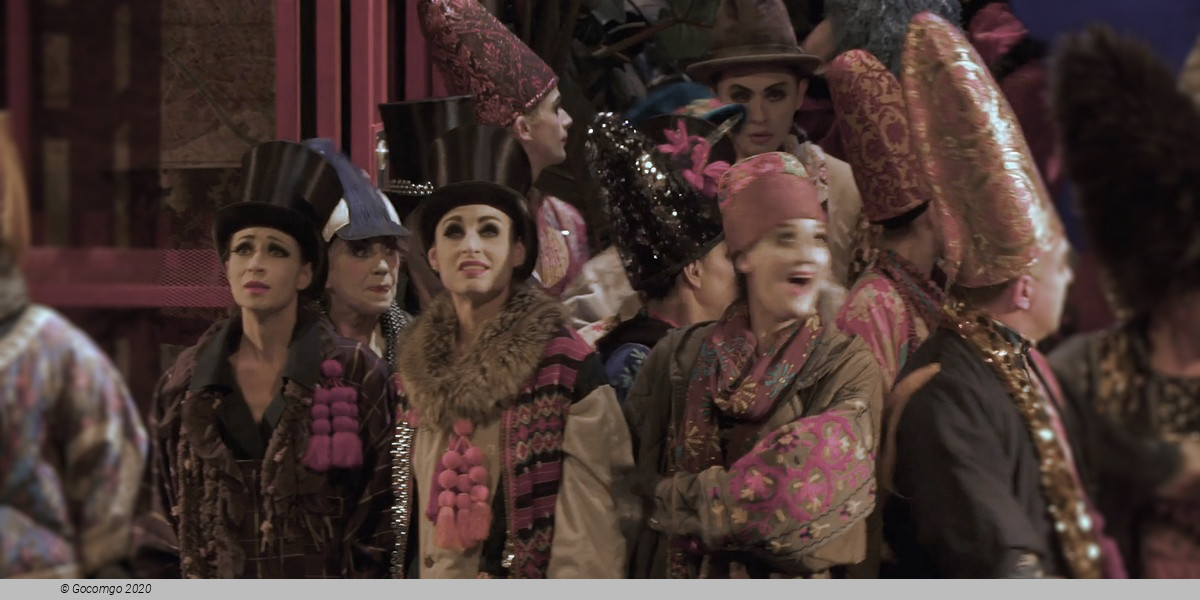
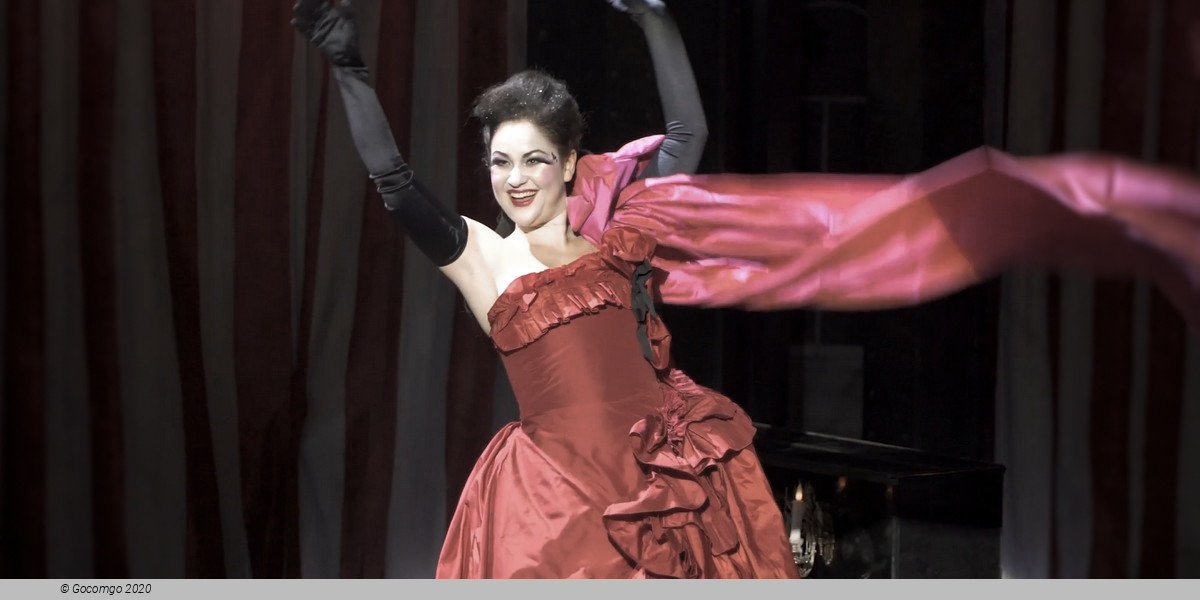
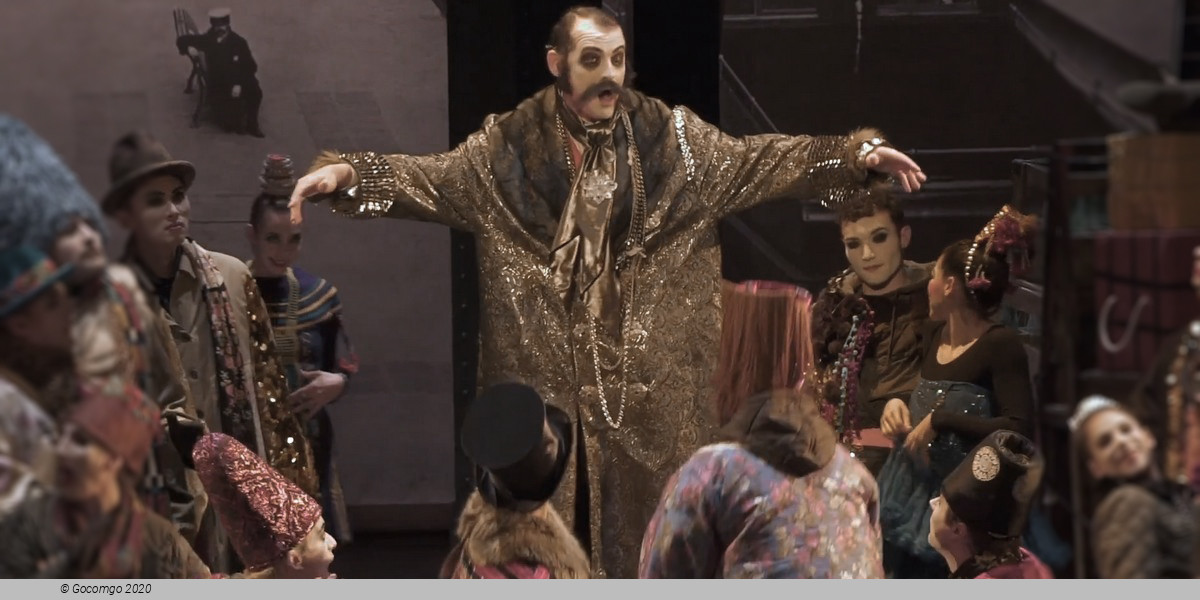
 3 Place Léon Gambetta, Versailles
3 Place Léon Gambetta, Versailles